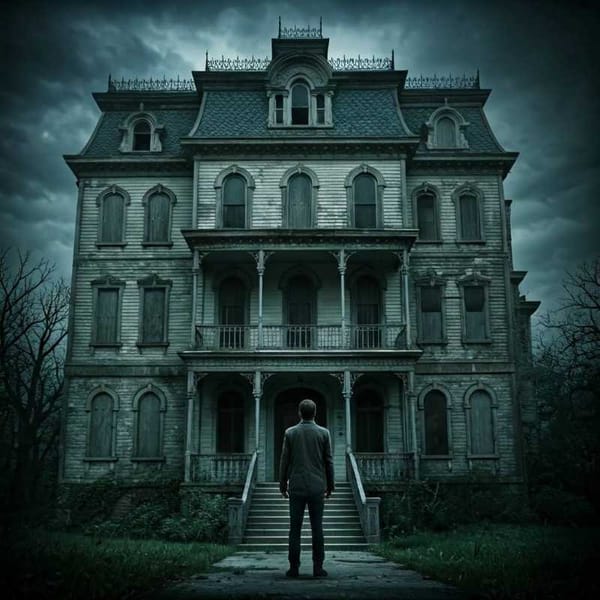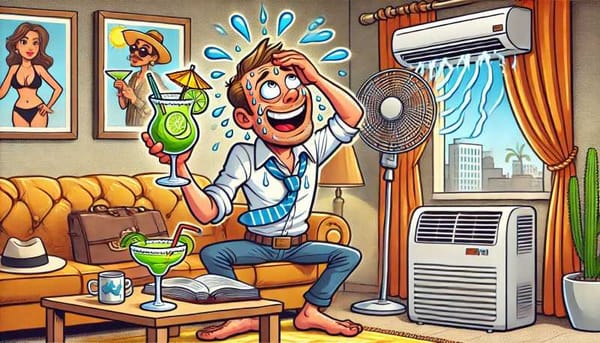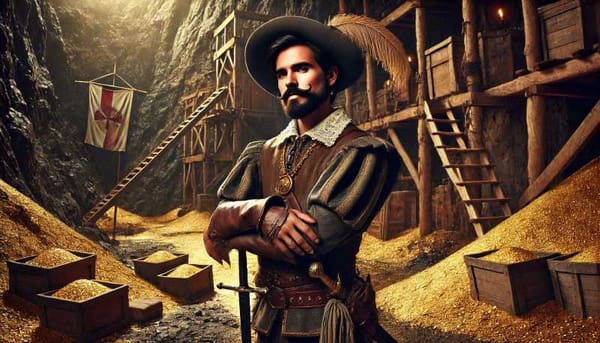Is El Chapo the dresser trophy?
The definitive fall of Joaquín Guzmán Loera, 'El Chapo', does not imply any great change in the world of drug trafficking, beyond a change of names.

The definitive fall of Joaquín Guzmán Loera, 'El Chapo', does not imply any great change in the world of drug trafficking, beyond a change of names. The trial showed against Mexican drug trafficker Joaquin El Chapo Guzman ended this week in New York City with the expected result: 10 guilty pleas for the Sinaloa Cartel boss, the biggest trophy in US history in his war against drugs.
The prize hides a fault. While it is true that the conviction (and, within three months, sentence) of Guzmán is an achievement in the plan to dismantle the power structures of drug trafficking organizations, the flow of drugs has not slowed, on the contrary. How is El Chapo in jail getting more and more drugs on the streets of the United States?
"The war against drugs is a complete failure, the verdict against El Chapo will not change anything," predicted one of Guzmán's lawyers, Eduardo Balarezo, after hearing 10 times the word "guilty" about his client.
"Will the flow of cocaine be stopped after this trial? Of course not!" Added Jeffrey Lichtman, another member of the defense team.
The studies support his thesis. According to official figures, deaths from a cocaine overdose in the United States increased by more than 34% -14 thousand Americans in 2017, the last year for which figures are available. It is estimated that almost 5 million people regularly consume cocaine in the country, 2% of the population, figures that have remained unchanged for at least a decade.
Domestic demand for drugs continues to escalate in the United States. The majority of the regional offices of the Anti-Drug Agency (DEA) assure that cocaine is very accessible in its control area; in five of them, the availability has increased in the last times.
"Nothing learned in the trial will do anything to reduce the problem of illicit drugs in the United States," said Ethan Nadelmann, former president and founder of the Drug Policy Alliance, an organization that works to end the war on drugs.
For the expert, the trial has been "interesting" in the details that have been made public during the process of three marathon months, but nothing has served to advance the fight against drug addiction or to stop the flow of drugs to the United States.
The US government and the judge of the case, Brian Cogan, were instructed in advance not to talk about the reverse flows: of arms and illicit money to the south, closing the virtuous circle of organized crime and perpetuating a situation that the strategies current have not managed to crush.
"There are some who say that the war on drugs is not worth fighting, these people are wrong." The district attorney of New York, Richard Donoghue, in the frenzy of the verdict, could not do more than congratulating himself after decades of work to finish El Chapo, resorting to the common places in these occasions: we must finish with the people who " flood "e" infests "the streets of Chicago, Los Angeles or New York with" poison ". The real affectation of putting Guzmán in a maximum-security prison for the rest of his life about the fight against drugs is more doubtful.
In its most recent annual report, the US Drug Enforcement Agency (DEA) confessed that the Sinaloa Cartel maintained in 2018 "the largest and most expansive international footprint" of all Mexican criminal organizations and that it continued to grow in the United States. This, despite a year ago that El Chapo was imprisoned in a Manhattan jail with no option of communication with the outside world.
Disbanding cartels does not seem to be a solution. "We have to see why there is this need for drugs in the US That's what should be happening, that's the war on drugs that we should be fighting," lawyer Lichtman said after losing the case.
For Nadelmann, the sentence of Guzmán will only detail in this area, almost an anecdote of the narrative and the history of drug trafficking. "The war on drugs is doomed to failure because it is based on a mistaken view that the police, prosecutors, and the military must play a predominant role in regulating what is essentially a global product market," he explained.
The expert sees the problem of drug trafficking as an almost cross-border commercial issue in which the policy of "prohibitionist measures" obliges "to pursue and destroy the most powerful and flagrant drug trafficking organizations", without taking into account that, perhaps, the problem lies in other parts.
While the demand is not eliminated from the American Union, the supply coming mainly from the Mexican cartels will continue to exist. After all, as Nadelmann explains, the narco-traffickers "are fundamentally creations of the failed approach of prohibition in the control of drugs."
The definitive fall of Guzmán does not imply any great change in the world of drug trafficking, beyond a change of names. They will continue the step of drugs, violence, murders, money laundering, weapons, etc.
Chapo himself said it clearly in the famous interview he gave actor Sean Penn for Rolling Stone magazine. "The day I do not exist, this will not diminish, what is nothing, drug trafficking, that is false," he said in the recording.




